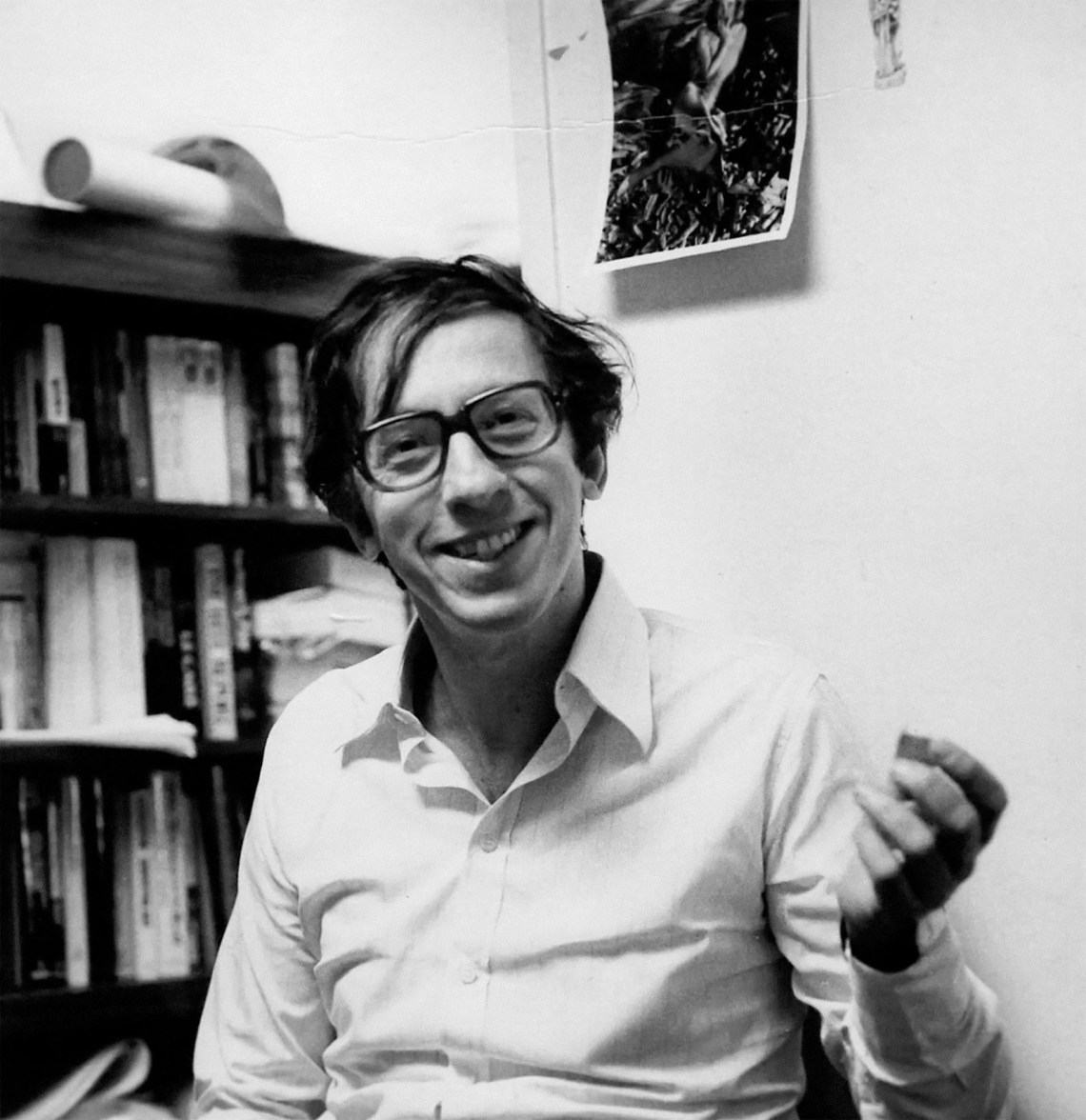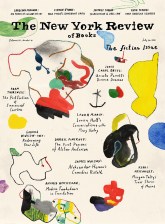It is probably safe to say that until the early evening of June 14, readers of serious newspapers and intellectual journals such as this one were unlikely to come across references to Vasily Grossman and 3D dog posters, George Balanchine and plastic women’s handbags, Yasujiro Ozu, macramé owls, Lauren Bacall, and Miss Piggy’s Guide to Life in a single article. But late that afternoon the eminent Knopf and New Yorker editor Robert Gottlieb died, at the age of ninety-two, and within an hour obituaries and tributes began appearing online—none of which, as far as I could tell, was able to resist an at least en passant nod to the dizzying oscillation between high refinement and utter kitsch that was the hallmark of his taste.
A source of constant amusement (and, it must be said, a secret, ongoing puzzlement) to many of us who knew him, the vast and unpredictable range of Bob’s enthusiasms was, nonetheless, a boon to readers of The New York Review and the handful of other publications for which he began writing in his early seventies, after he had left The New Yorker and embarked on an energetic new life as a writer and critic. His dozens of contributions to the Review alone include essays on Bruno Bettelheim, Anna May Wong, and Ethel Waters; some evangelical proselytizing for foreign writers past and present who he felt were insufficiently known here (Ivo Andrić, Sebastian Barry); a not insignificant number of pieces on classical ballet (the greatest passion of his life, after reading); and often gleeful assessments of entire genres, such as a two-part article about books on near-death experiences, including one called Cold Noses at the Pearly Gates: A Book of Hope for Those Who Have Lost a Pet.
I happened to be staying with Bob at his home in Miami Beach when he was working on the near-death experiences piece. This was in 2014; I’d known him for twenty years by that point. (We had met in November 1994, when he was part of a group of people who gathered at a pizza parlor before seeing a preposterous sci-fi movie called Stargate. When the movie was over, we were shell-shocked, but Bob was elated. “That was so fabulous!” he chortled, with a gleam in his eye that, over the next thirty years, I learned to recognize. “We have to do this again next week!” That was the beginning of the Schlock Movie Club, which met pretty much every Saturday or Sunday morning over the next dozen years or so to see the worst movie of the week.) As usual when preparing a major piece for the Review, he was lying stretched out on a faded blue sofa in the “Florida Room”—it has windows shaped like portholes and is decorated with, among other things, a lamp made out of a stuffed alligator—surrounded by piles of books he had ordered, which teetered squishily atop the sofa cushions. I was curled up in a matching loveseat, catercorner to Bob (he would wince when people said or wrote “catty-corner”), poring over a scholarly book about Sappho for a piece I was working on. Suddenly he turned to me. “Enough of Greek lyric!” he cried. “This is really great!”—at which point he began declaiming aloud, beaming, from the opening pages of Cold Noses at the Pearly Gates.
“Great” was a word that was likely to come up when you talked to Bob, although it was hard to predict to what text, object, or activity it might attach. Dickens was the greatest novelist in English, War and Peace the greatest novel ever written, Shakespeare the greatest writer, period, Balanchine the greatest choreographer. Les Misérables wasn’t the best nineteenth-century French novel, but it was the greatest. Then again, a brightly colored 1960s rattan handbag shaped like a fish, or a 1930s chrome-plated electric coffee urn with orange Bakelite handles (“Every room needs an orange accent”), or the way that Kerry Washington would declare “We’re done here!” at the climax of a particularly heated exchange in Scandal—or, indeed, any number of curiosities discovered while flea-marketing, another long-standing weekend-morning tradition—could have what Bob liked to call “the element of greatness.” The E of G, as the gaggle of schlockers and flea-marketers who gathered around him came to call it, was the hard-to-define but impossible-to-live-without quality that separated the merely interesting or entertaining from what was truly worthy of his (and therefore your) attention: the unexpectedly delightful, the authentically expressive, the productively provocative.
At least some of this, I can now see, was Bob “modeling” for me (a term he would have loathed) what he clearly thought of as a proper education. When I first knew him, he enjoyed teasing me out of my hifalutin, grad-school notions of where “greatness” might lie, which turned out to be in TV series such as Broadchurch or Borgen, say, as well as in Antigone. Although Bob had a first-class formal education—Columbia under Lionel Trilling, Cambridge—he was ultimately self-taught in the way that many people who are voracious and indiscriminate readers in their formative years are self-taught: because he sampled everything for himself firsthand, his relationship to books and, later, to all culture was wholly unfiltered by received opinion or “theory” or schools of thought. As a result, he was utterly without intellectual or cultural prejudice—not at all a bad model for an aspiring critic. He went on teaching that lesson to the very end. Days before he died, when he was terribly weakened and confined to a hospital bed, he was lecturing me and an understandably wide-eyed nurse about the “right” translation of The Brothers Karamazov (Constance Garnett) and the importance of Ethel Merman’s career.
Advertisement
This is why so many of the obituaries and tributes, when amusedly mentioning Bob’s wacky-seeming eclecticism, were missing the point. The handbags and Miss Piggy were never a form of intellectual slumming, never a way of trying to earn (let alone show off) a kind of pop bona fides, never “ironic.” He really did love that stuff—he really did think it was great. What spoke to Bob, what he believed in and trusted and fostered in his own writers, was work that had honest intentions and stylistic conviction, qualities he found equally in Balanchine’s Jewels and Extraordinary Attorney Woo, a South Korean TV series about an autistic young lawyer, which he was trying furiously to persuade me to watch when he fell ill. Since he hated sentimentality, I probably shouldn’t say here that I’ve now started watching it and just wish I could call to tell him he was right.




